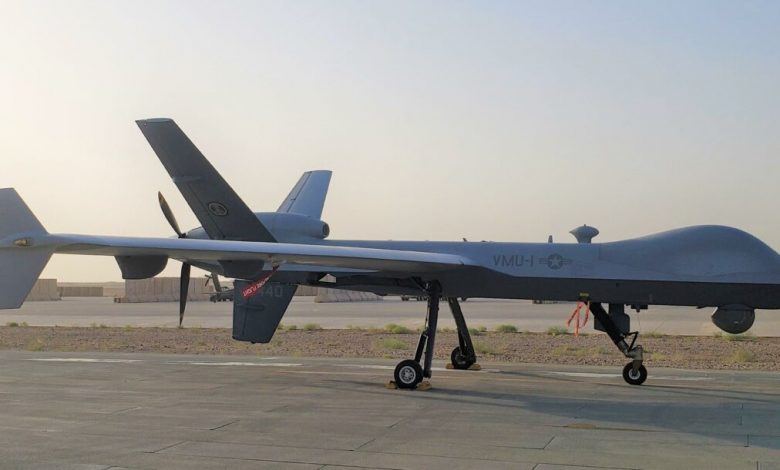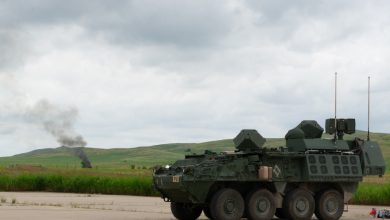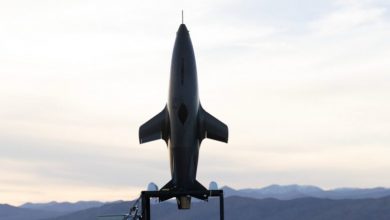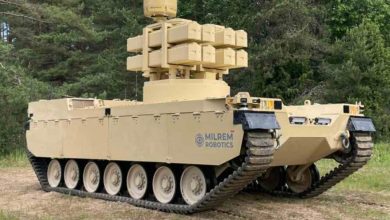General Atomics to supply eight MQ-9A Drones to US Marines

The US Navy has awarded General Atomics a $135.8 million contract to supply eight MQ-9A Extended Range drones for the US Marine Corps (USMC).
The unmanned aircraft systems are scheduled for delivery by late 2023 as part of the Marine Air Ground Task Force Unmanned Expeditionary (MUX) Program of Record.
The drones will be operated by the USMC Marine Unmanned Aerial Vehicle Squadron 3, located at Marine Corps Air Station Kaneohe Bay, Hawaii, utilizing the aircraft “to support training for the Marine Littoral Regiment.”
Another contract for Ground Control Systems, spares, and Ground Support Equipment is expected later this year.
MUX Program
The MUX program was launched in 2016 with two main missions, including “early warning; intelligence, surveillance, and reconnaissance; electronic warfare; and communications relay,” in tier 1 and offensive air support in tier 2.
The US Naval Air Systems Command issued a request for information for an aerial vehicle in support of the MUX program in 2018.
The MQ-9A Extended Range is scheduled to achieve early operating capability by 2023 and initial operating capability two years later, Aviation International News wrote, adding that the MUX program has stated a requirement for 16 aircraft.
Force Design 2030
The Marine Unmanned Air Vehicle Squadron 1 has been operating two MQ-9s since 2019 and has flown over 15,000 operational flight hours. The extended range version has an endurance of over 30 hours.
“The program continues to develop new, unique payloads and capabilities to meet future requirements for Force Design 2030,” the US Naval Air Systems Command wrote.
“These payloads include the Detect and Avoid System, a Proliferated Low Earth Orbit satellite system, an airborne network extension payload (Sky Tower), and an electronic warfare payload.”
“Our team has ensured the development and fielding of a new combat capability, critical for the Marine Corps Force Design 2030 vision, at an exceptional speed,” PMA-266 program manager Capt. Dennis Monagle said.
The FD 2030 calls for improved reconnaissance and electronic warfare capabilities.





